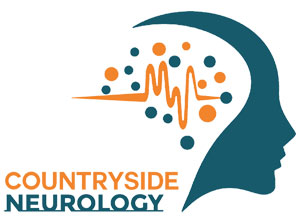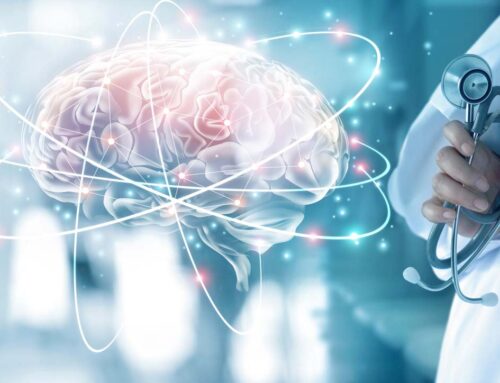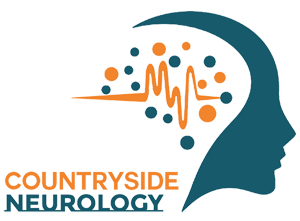In recent years, the field of mental health treatment has witnessed remarkable advancements, one of which is Transcranial Magnetic Stimulation (TMS) therapy. TMS therapy has emerged as a potential game-changer, offering new hope and improved outcomes for individuals struggling with various mental health conditions. This non-invasive procedure has shown promising results and has the potential to be life-changing for those who have not found relief through traditional treatments. In this blog post, we will explore the essence of TMS therapy and its transformative impact on mental health.
Understanding TMS Therapy: Transcranial Magnetic Stimulation is a non-invasive procedure that uses magnetic fields to stimulate specific areas of the brain. By delivering repetitive magnetic pulses to targeted regions, TMS therapy modulates the neural activity and promotes positive changes in brain circuitry. The treatment typically involves multiple sessions over several weeks, with each session lasting around 30 minutes.
Treating Depression: TMS therapy has gained significant recognition for its effectiveness in treating depression, particularly major depressive disorder (MDD) that is resistant to other forms of treatment. For individuals who have struggled with depression for years and experienced little relief from medications or therapy, TMS therapy can be a life-altering intervention. Numerous studies have demonstrated its efficacy, with some patients reporting significant improvement in their depressive symptoms and overall quality of life.
Beyond Depression: While TMS therapy has shown remarkable success in treating depression, its benefits extend beyond this singular condition. Research has also indicated its potential in addressing other mental health disorders such as anxiety disorders, obsessive-compulsive disorder (OCD), and post-traumatic stress disorder (PTSD). These conditions can significantly impact a person’s daily functioning, but TMS therapy offers new hope for those who have not found relief through conventional treatments.
Non-Invasiveness and Minimal Side Effects: One of the most significant advantages of TMS therapy is its non-invasive nature. Unlike other interventions such as electroconvulsive therapy (ECT), TMS therapy does not require anesthesia or sedation. Patients remain awake throughout the procedure, which allows them to resume their daily activities immediately afterward. Additionally, TMS therapy boasts minimal side effects, with the most common being mild scalp discomfort or headache, typically resolving shortly after each session.
Personalized and Targeted Treatment: TMS therapy stands out as a highly personalized treatment option. Each patient undergoes a comprehensive evaluation to determine the specific areas of the brain to target, ensuring that the treatment is tailored to their individual needs. This personalized approach enhances the chances of a positive outcome and underscores the transformative potential of TMS therapy.
As we continue to navigate the complexities of mental health, the emergence of TMS therapy offers a beacon of hope for those who have battled with treatment-resistant conditions. This innovative procedure has the power to be life-changing, providing relief to individuals who have been burdened by depression, anxiety, and other mental health disorders. With its non-invasive nature, minimal side effects, and personalized approach, TMS therapy holds immense promise as a transformative intervention that can help reshape the lives of countless individuals.
If you are interested in TMS therapy, please contact Countryside Neurology at 727-712-1567 to schedule an initial consultation.
Sources:
ChatGPT





